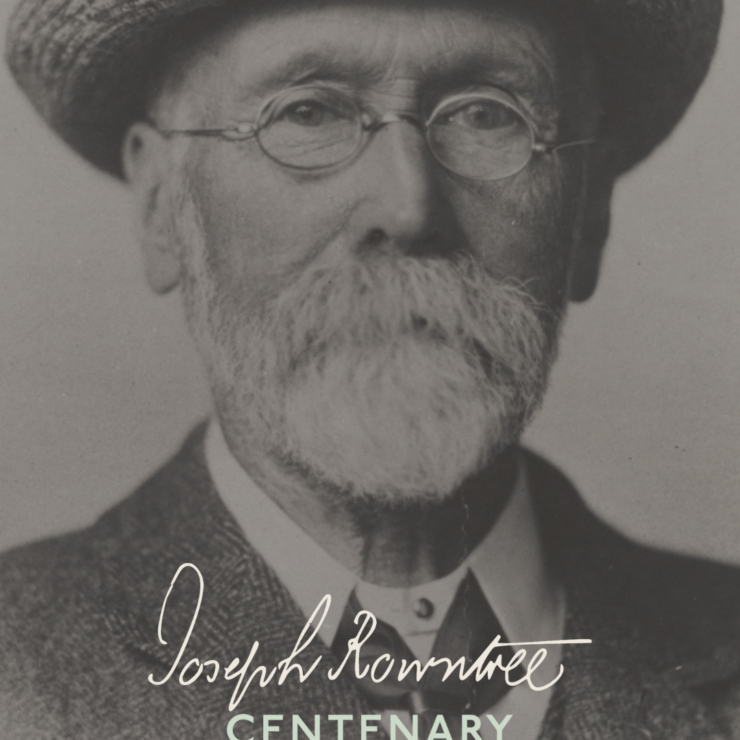Use of statistics and Quaker attitude to science
Joseph inherited a sense of the value of statistical analysis from his father and Quaker attitudes to science influenced his social research. He began collecting data relating to poverty in his twenties taking a scientific and non-discriminatory approach. He compiled figures on numbers of paupers and also illiterate men and women. He used the same approach to analysis in his temperance studies. This enabled him to make connections between poverty, illiteracy, crime and use of alcohol. His son Seebohm’s poverty surveys in York continued and built on this work. The Joseph Rowntree Foundation (JRF) conducts statistical analysis of poverty today. Example of statistical analysis from Chapter 3 of Rowntree and Sherwell’s The Temperance Problem and Social Reform.

Read more from the JR100 List
To celebrate 100 years, we have curated 100 notable stories from the archives.









